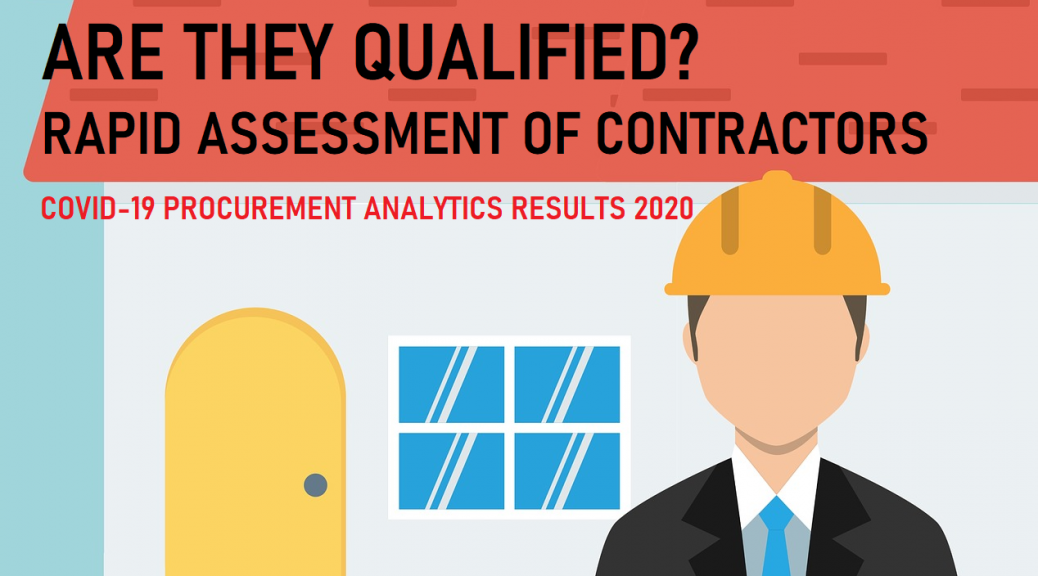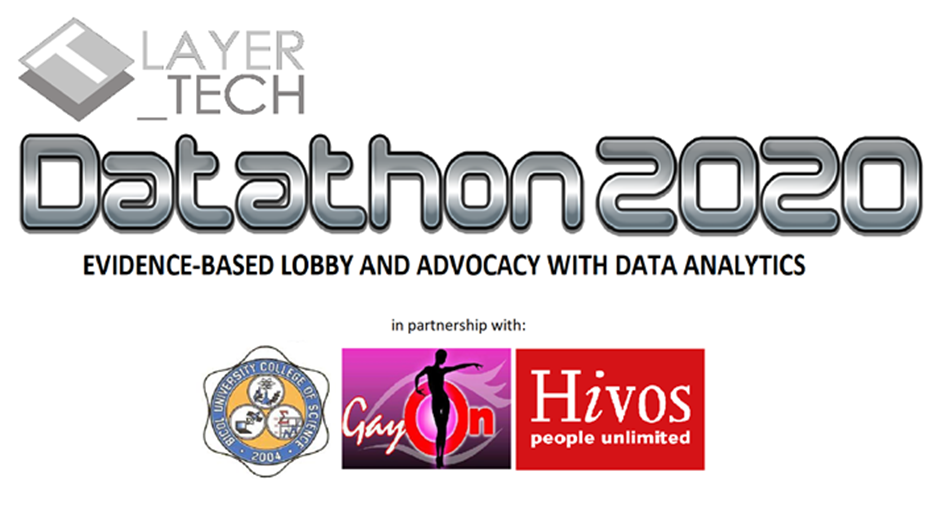Author: Rabby Q. Lavilles (Mindanao State University – Iligan Institute of Technology)
The transparency of budget allocation and utilization of public funds among local government units are indicators of good governance at the grassroots level.
The interactions of citizens and government, particularly local government units (LGU), create a connection that helps establish a mutual relationship for a forward-thinking development. One aspect that takes a major role in this healthy relationship is transparency and accountability. Transparency of government spending is based on the intended plans and allocated funds, and the accountability of the authorized government representative to justify the actions they made. These two important attributes helped established trust in government.
While the national government allocations for local funds have been defined by various policies, laws, and guidelines, data for reporting at the local level has a limited assessment of how it performs and is aligned with national priorities. Knowing these priorities and how local government units respond to aligned to national priorities matters in achieving various government programs. For example, the national government allocated local government funds for its priority programs like the Assistance to Disadvantaged Municipalities. The fund is intended to support the basic services for the implementation of their priority programs or projects. For example, in this case, providing basic services such as water systems projects, access roads, or disaster-related facilities. On the other hand, reporting for appropriation and projects of LGU is also reported.
Given the situation, it is imperative that a monitoring tool can be developed to provide alignment of the LGU fund appropriation and the national government spending. Moreover, this is also a proper way to examine if the allocated programs were spent based on their original allocation. Using published LGU data (e.g. https://www.iligan.gov.ph/wp-content/uploads/2020/06/Annual-Budget-Report-2020.pdf), a structured data can be created to organize the uploaded data by the LGU. This activity can be done through volunteer programs such as in a university workshop for open data government. Using data and related analytics tools can be a good way to provide a summary and comparison of various government allocations and LGU’s actual implementation of the program. Although data collection and organization can be daunting, the resulting open data that can be generated will help evaluate citizens on how LGU has been performing in terms of its priorities or mandates. Moreover, this will also create an observing tool for government officials to be aware of government spending and priority.
The power of data and related platforms to establish transparent government spending can be a step toward more accountable local government officials. It is important that citizens will be able to see where their taxes go and how the elected government officials improve the community in relation to government priorities.
This article is the author’s reflection on the insight gained from the recently concluded OCDex 2022 Public Data Analytics Fellowship Trainings.
For more information about the article, please reach out to the author: rabby.lavilles@g.msuiit.edu.ph or Layertech labs support at learning@layertechlab.com











